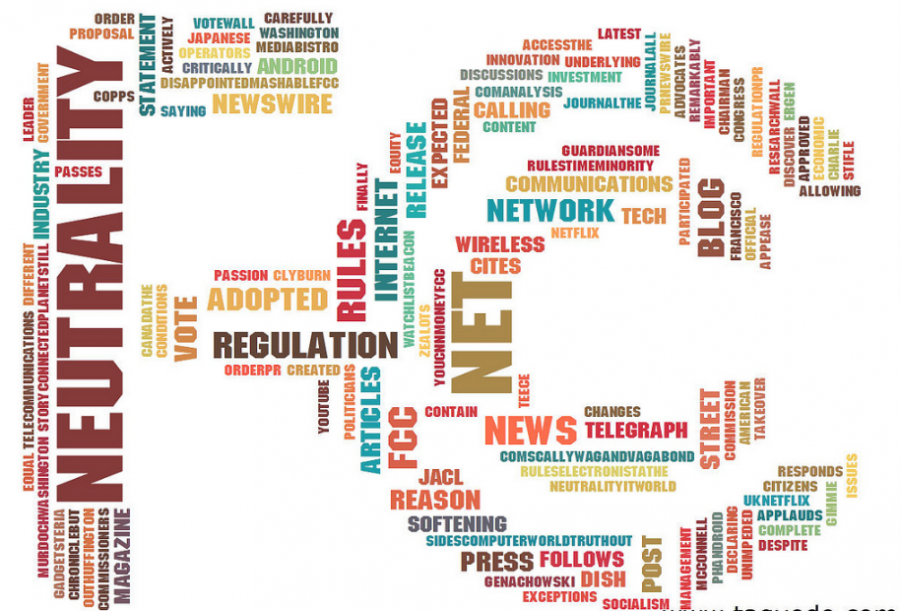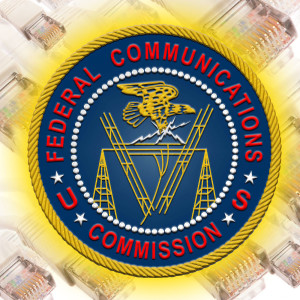What does the end of net neutrality mean?
January 17, 2018
The internet as we know it in the United States is deregulated and subject to monopolization. On Dec. 14, the Federal Communications Commission (FCC) voted 3-2 to roll back Obama era regulations that prevented corporations from charging users to access certain websites such as Netflix and Facebook.
Regarding the rollback, Dr. Lynne Grewe, associate professor of computer science at Cal State East Bay, said, “At the consumer level there is fear that ‘tiered’ internet service levels will develop where people pay more to stream certain content or consumers in rural areas will be forced to pay more for internet access.”
Under the new proposal, internet companies such as AT&T and Verizon would have to disclose information about internet plans so consumers can choose an affordable service plan that would best serve them.
Internet tech companies such as Google, Facebook, Twitter and Amazon have voiced their concerns about dismantling net neutrality laws. According to a statement by Twitter, Internet Service Providers (ISPs) could manipulate what internet users do and see on the web. Without net neutrality, ISPs would be able to block content that they don’t like and reject applications that compete with their services.
“Some argue that an unregulated market will provide competition and lower fees,” added Grewe. “Larger companies on the other hand are worried about competing with the ISPs that provide their own content.”
Telecommunication companies see this as a victory because for years they have been fighting these regulations and see this as an investment in the pursuit against limiting government interference of the internet.
Before the vote, the FCC came under fired when people found that their names and addresses or those of deceased relatives were used to submit comments in support of dismantling net neutrality. Instead of trying to fix the issue, FCC spokesman Brian Hart commented that the agency shouldn’t be the only ones held accountable and blamed consumers.
According to Wired Magazine, New York Attorney General Eric Schneiderman announced a multi-state lawsuit against the FCC to keep net neutrality. Tech companies are expected as well to file additional lawsuits in the coming weeks.








